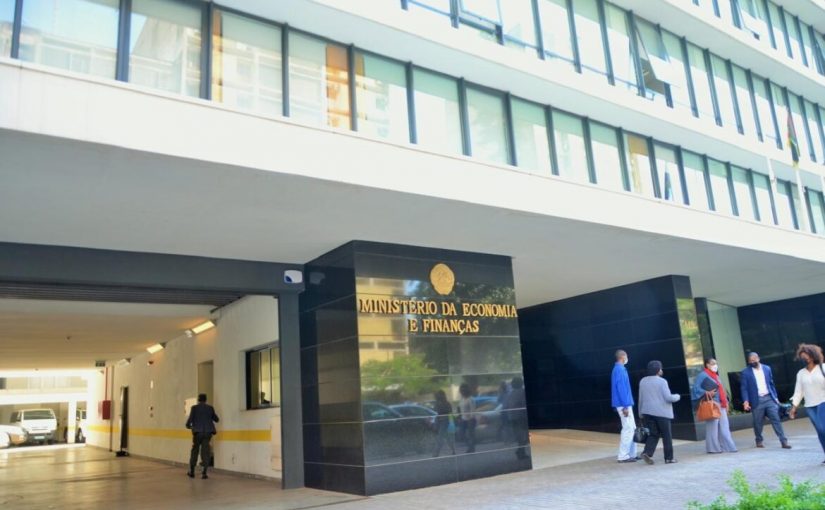Mozambique: International reserves increase again in April
Mozambique: State’s wage bill rises by 4.2% in first nine months

File photo: Notícias
The Mozambican state’s expenditure on salaries and wages grew by 4.2% this year to September, compared to the same period of 2023, to more than 152.916 billion meticais (€2,266 million).
According to data from the budget execution report from January to September, this is 79.7% of the amount estimated by the government for the whole of 2024, which is 191,747 billion meticais (€2,841 billion).
Expenditure on salaries of civil servants from January to September represented more than half of Mozambique’s total public expenditure in this period, of 247.945 billion meticais (€3.672 billion).
President Filipe Nyusi said in parliament on August 7 that the implementation of the Single Salary Table (TSU), which was the target of much criticism due to its impact on public sector salaries, had reduced discrepancies.
READ: https://clubofmozambique.com/news/mozambiques-surging-wage-bill-may-delay-imf-payment-to-2025-261367/
“The reform of the salary policy (…) was designed to resolve the obvious salary discrepancies between civil servants and agents of the state with the same qualifications […], a situation that characterized our public administration for decades,” declared Nyusi.
The issue at hand was the crisis that had taken hold in the Mozambican state apparatus, as a result of strikes and threats of strikes by civil servants demanding better working conditions and protesting against delays and salary cuts that began with the implementation of the TSU, approved in 2022.
Although he admits that the TSU has caused a stir, Nyusi considered that the new table has created “salary balance”, highlighting also the increase in the minimum wage.
“The minimum wage for public servants has doubled, there has been an even greater increase [in salaries] in the defence and security forces and the wage gap between various levels has reduced substantially,” the head of state stressed.
Nyusi also pointed out that the new scale has cut some of the allowances that had had a significant impact on the payroll.
“The salaries had a strong component based on non-pensionable allowances. Each director, minister or president [of public institutions] had extraordinary payments; there were many extraordinary payments. Now, most of these allowances have been incorporated into the base salary,” said Nyusi, characterising the process as “difficult and noisy”, though necessary mathematics.
The implementation of the TSU was the target of strong opposition from various professional classes, such as doctors and teachers, with records of salary delays and cuts, including in the security forces.
Approved in 2022 to keep the state’s wage bill under control, the TSU caused wages to soar by around 36%, from 11.6 billion meticais (€172.4 million) per month to 15.8 billion meticais (€234.8 million).
The TSU cost around 28.5 billion meticais (€423.6 million) “more than expected”, the International Monetary Fund noted at the time.













Leave a Reply
Be the First to Comment!
You must be logged in to post a comment.
You must be logged in to post a comment.